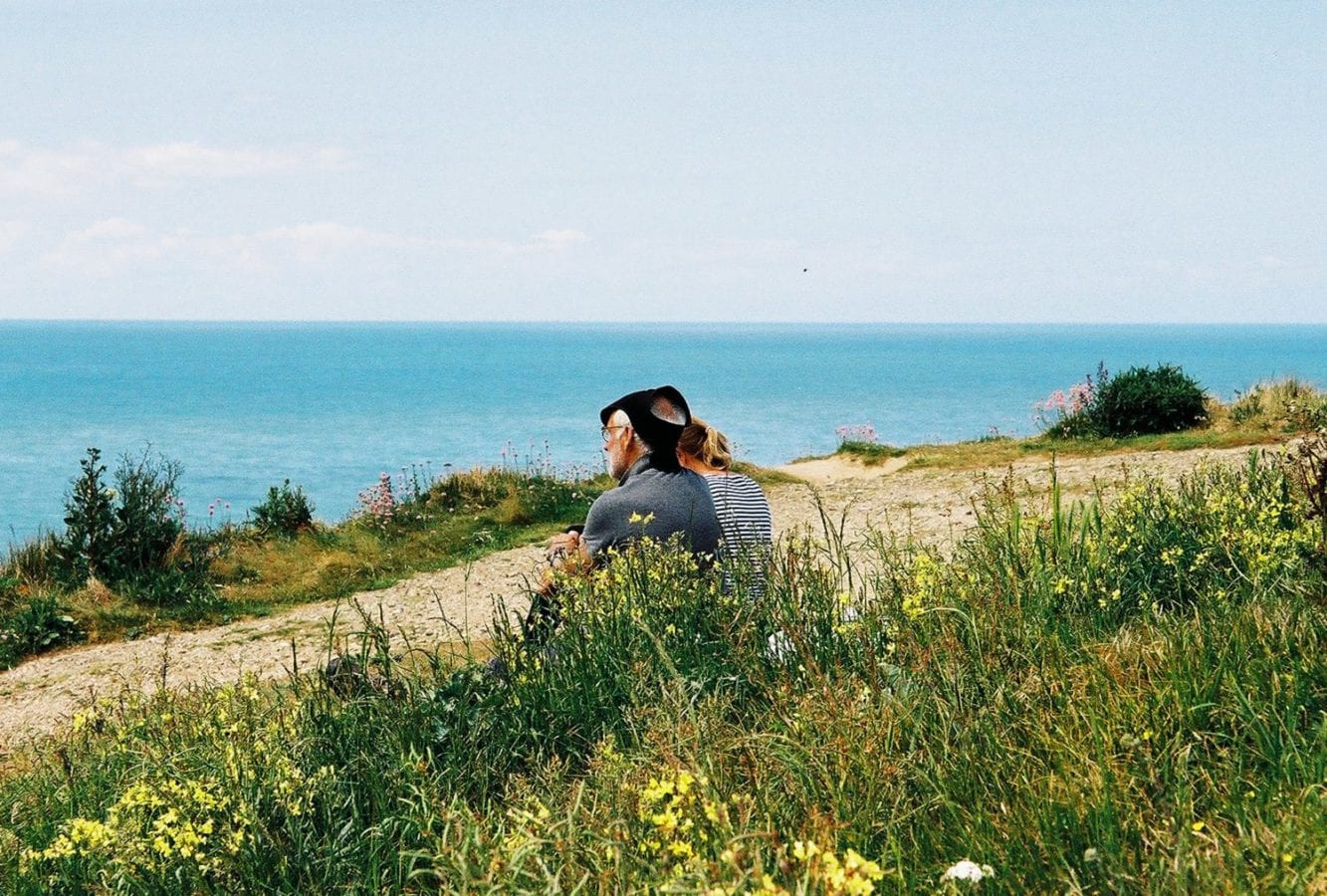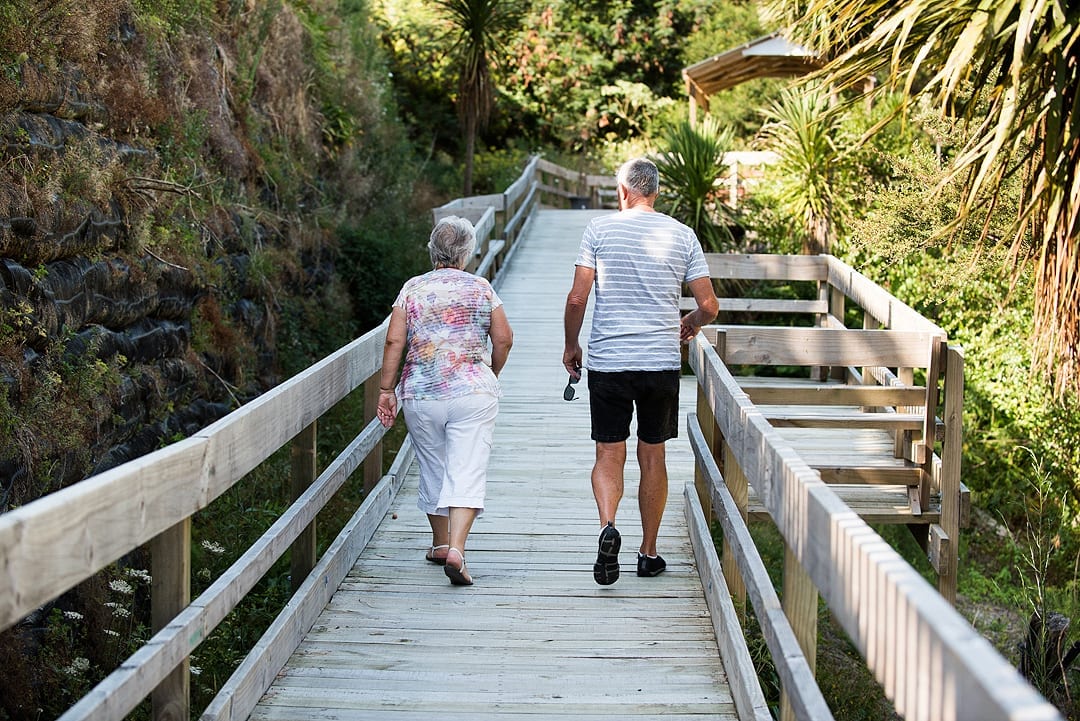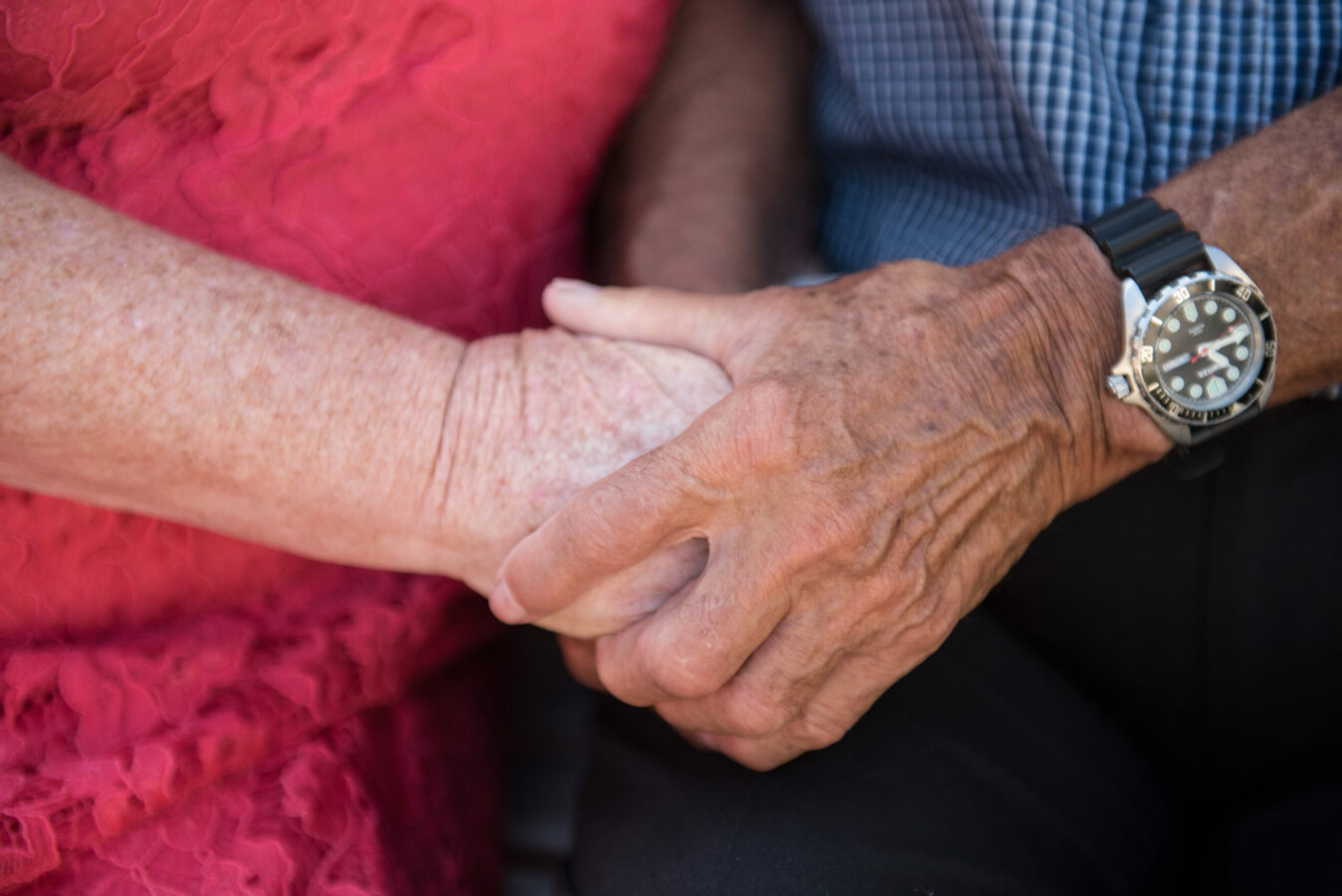As the weather finally starts heating up, many of us will be itching to get…

5 Myths – We’ve Busted – About Aging
When another birthday rolls around, it’s hard to not think of it as something negative, because for some reason aging isn’t seen as a good thing.
But we’re here to tell you that it’s time to start celebrating that annual milestone and to enjoy each and every day in between, as we truly believe what the great Mark Twain once said, that “age is an issue of mind over matter. If you don’t mind, it doesn’t matter.”
1. Older people live lonely lives
The fact is – you can be lonely at any age. According to the New Zealand General Social Survey 2018, it was actually those between the ages of 15-24 who recorded the most instances of loneliness, with it decreasing through each age group.
With more people choosing to live in retirement villages as they get older, they are able to be increasingly social and active within a community of like-minded people. Technology also enables family and friends to stay in contact more easily, especially if travel or distance is an issue – all you need is a mobile phone to make video calls.
2. Retirement means moving into a rest home
Nope! Many health professionals and age-related organisations actually encourage freedom and independence for as long as possible (taking safety into account), and there is more of a gradual process to a rest home these days (if required). But with so many services available at the touch of a button, you’ll find that people into their 70s, 80s and even 90s are still living in their own home.
Aside from that, there are a range of retirement village living options available, so you can continue to enjoy your own house or apartment, but have all the security and amenities that come with a retirement community.
3. Life isn’t enjoyable anymore
Who ever said that is obviously someone not even yet 30 – because being ‘old’ can actually be a whole lot of fun.
Someone once said ‘the great thing about getting older is you don’t lose all the other ages you have been’, which is so true – you have all the wisdom and knowledge from growing older, which often comes with understanding what really matters in life.
And moving into the ‘sunset’ years doesn’t mean you can’t have fun anymore, quite the opposite. Retirees have more time to enjoy life, socialise, join clubs, make new friends and travel.
The same study mentioned above (New Zealand General Social Survey 2018) found that people aged 75 and over were the most satisfied with their lives, with an average rating of 8.2 out of 10.
4. It’s too late to try anything new
Ever heard the saying ‘you can’t teach an old dog new tricks’, well someone didn’t tell these people:
- Shigemi Hirata from Japan, born in 1919, received a Bachelor of Arts degree at the age of 96 years 200 days, when he graduated from the Kyoto University of Art and Design in 2016.
- Al Blaschke from Texas did his first tandem skydive in 2017 to celebrate his 100th birthday, Texas. He then went on to achieve the world record for the oldest tandem skydiver when he jumped at 103.
- 80-year-old Yuichiro Miura (a Japanese mountaineer) is the oldest person (so far) to reach the summit of Mount Everest. Despite a history of heart problems he climbed Everest when he was 70 and then again at 75.
- With an average age of nearly 80, a dance troupe (called Hip Op-eration) from Waiheke Island performed at the Las Vegas Hip Hop International Championships in 2013 – the oldest dancer in the group was 95.
5. There is a loss of freedom and independence
Nobody actually gets locked away when they reach a certain age. Retirees are still able to be a contributing member of society, and why would they not be? They have so much to offer.
So if you’re worried that needing more candles than a cake can handle means you won’t be able to go anywhere or do anything – well, don’t. It’s simply not true.
Sure, you may need to make some adjustments to the way you do things, but there are plenty of options to accommodate any difficulties you may encounter (which you may not). It is entirely possible to keep your freedom and independence by making use of services or people who are available to help you live your life to the best of your abilities.



